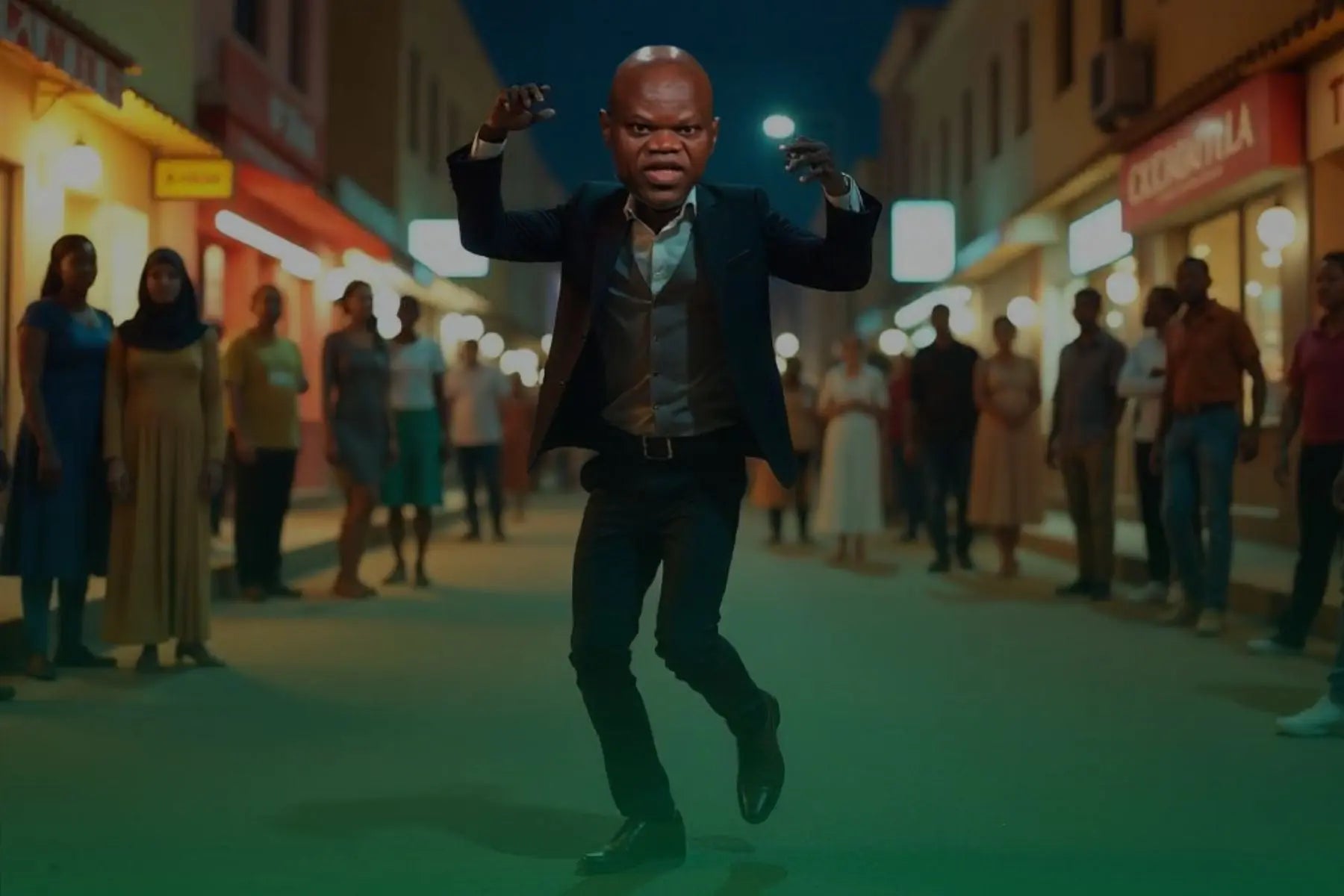
Oligui faces the shaving affair: the opportunistic lifting of the curfew to avoid punishing the military
A sudden lifting of the curfew: a calculated political move
Lifting the curfew is good, but it does not solve the economic crisis or corruption. Gabon needs deep reforms, not half-measures. Nguema must listen to the people.
— Marie-May Mba (@ImpactGabon0) December 19, 2024
Gabon’s Interior Ministry recently announced the lifting of the curfew, a decision that surprised many citizens. Officially, the measure was justified by an improvement in general security. However, this move comes in a tense context, marked by a scandal involving soldiers forcibly shaving the heads of young people for violating the curfew hours. Many see this lifting as a clumsy attempt to divert attention from a more serious problem: the repeated violations of human rights in this “Transitional Republic”.
The forced shaving affair: a public humiliation
“Restoring dignity to the Gabonese people.”
— 𝗔𝗻𝗱𝗿𝗲𝘆 𝗥𝗼𝘁𝗼𝗻𝗱𝗼 (@RotondoAndrey) December 16, 2024
I didn't mean to laugh. pic.twitter.com/soOtcD4ZM4
Videos widely shared on social media show soldiers forcibly shaving the heads of young people arrested for violating nighttime restrictions. These scenes, which quickly went viral, shocked Gabonese and international public opinion. These actions, perceived as arbitrary and humiliating punishment, have revived criticism of the impunity enjoyed by the armed forces in Gabon. Many voices have spoken out against this practice from another age, which is reminiscent of concentration camps or physical punishments in the Middle Ages.
A clumsy response: between silence and diversion
Faced with this wave of indignation, the expectations of the Gabonese were clear: exemplary sanctions against the soldiers involved. An aggiornamento within the armed forces. Substantive measures. However, no announcement to this effect was made, by anyone. Instead, the government preferred to simply lift the curfew, supposedly to let the Gabonese "enjoy the Christmas holidays", a decision perceived by many as a maneuver aimed at calming the protest without really tackling the roots of the problem.
Why the silence on the military?
This inaction towards the military reveals a sensitive political reality: the army, and particularly the Republican Guard, constitutes a fundamental pillar of the Oligui Nguema regime. In a period of transition, taking the risk of punishing these forces could weaken his own power. However, this strategy of protecting military institutions at all costs fuels suspicions about the absence of a real desire for change.
As Gabon finds itself at a historic turning point, this clumsy handling of such a symbolic affair risks tarnishing the image of a transition already under fire from critics. By choosing diversion rather than transparency, the regime is exposing itself to an erosion of citizens' trust.
By refusing to deal firmly with the abuses of the armed forces, the Gabonese authorities are playing a dangerous game. The transition could well lose all credibility if citizens continue to perceive human rights as a variable of political adjustment.
Your mistake is to think that Gabon is a country of law. Gabon is a dictatorship. https://t.co/w7kyQhMzoE
— Very stingy guy 🇬🇦 (@baokun98) December 15, 2024


